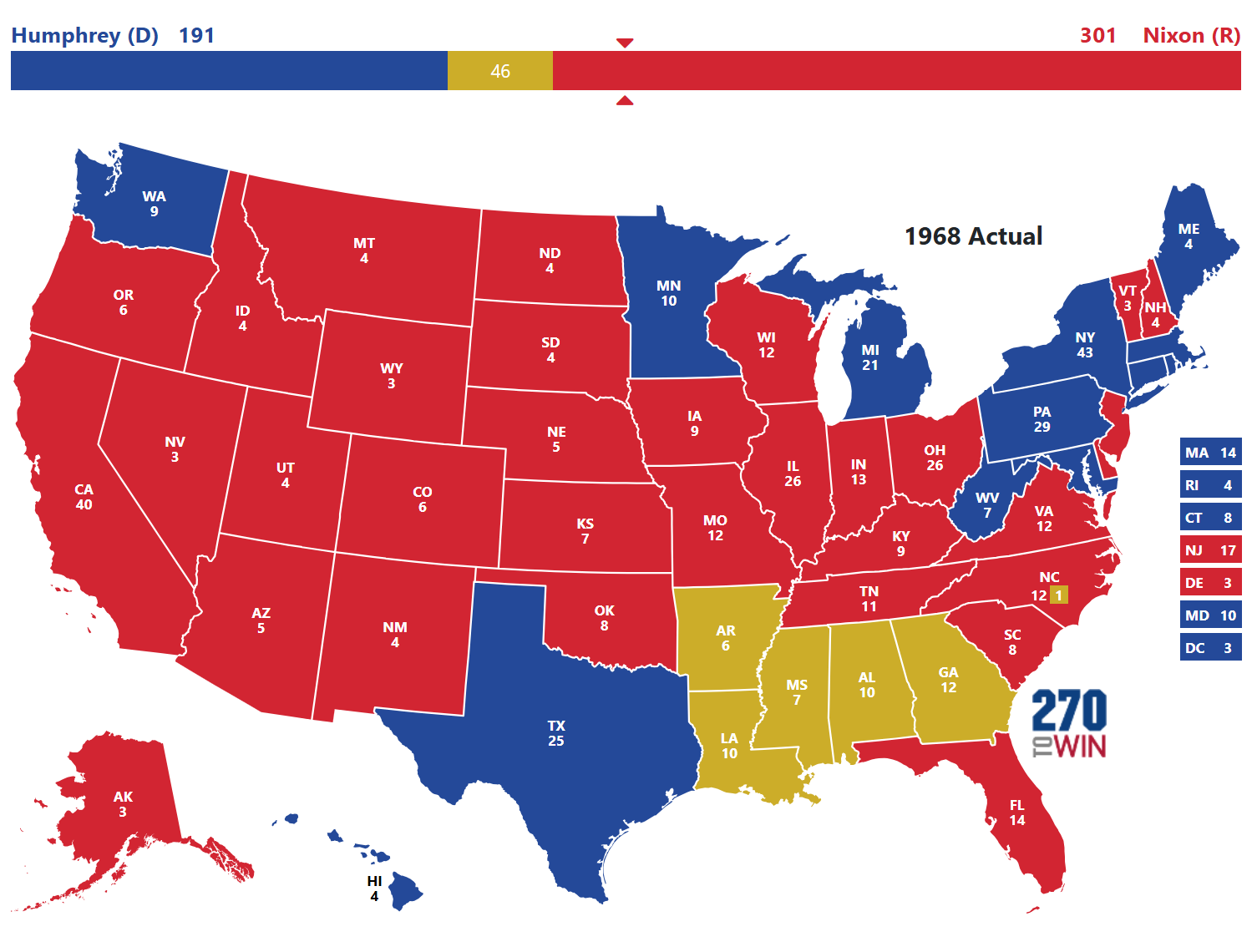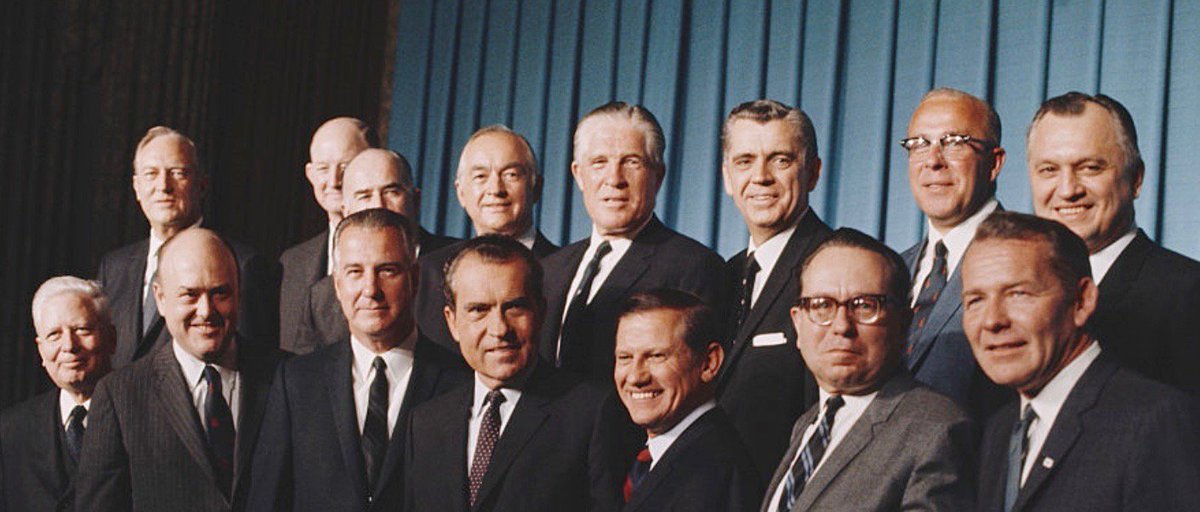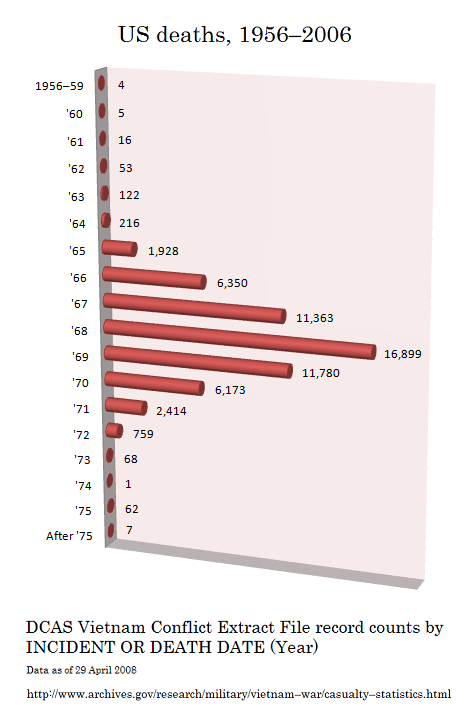February 27, 2019
Edward Nixon, the youngest and last surviving brother of President Richard Nixon, died today at a skilled nursing facility in Bothell, Washington. He was 88 years old.
...
Mr. Nixon worked on his brother’s successful presidential campaigns in 1968 and 1972 and served as Co-Chairman of the Nixon re-election committee in 1972.
“For some people, meeting me is one degree of separation from meeting my famous brother,” Ed Nixon wrote in 2009. “Dick was more than a brother. Because we never shared a boyhood, he assumed the role of assistant father and mentor. At the time of my birth, he was seventeen and getting ready to start college. But he realized he could be an important influence in my life, and he took his self-imposed responsibility seriously, always listening to his kid brother.”
“I considered Dick to be outgoing with his ears — not with his mouth. Through thought-provoking questions, he encouraged me to learn and solve problems. More than anyone else in the family, he could stand back from a contentious situation and give impartial and convincing advice,” he wrote.
Ed Nixon was an original member of the Board of Directors of the Richard Nixon Foundation.
A career geologist and expert on global energy use, Mr. Nixon spent six decades pursuing the responsible use of natural resources around the globe. Throughout his career, he served as an advisor to several cutting-edge companies in the field of Earth science.
Edward Calvert Nixon was born on May 3, 1930, in Whittier, California. He was the fifth and youngest child of Frank and Hannah Nixon, and named Edward after an English King, as was Nixon family tradition.
“Frank and Hannah Nixon raised five sons —Harold, Dick, Don, Arthur, and me— in a close-knit family, teaching us the importance of religious faith, traditional values, and a strong work ethic,” Ed Nixon wrote. “Family life revolved around Dad and Mom’s store, the Quaker church, and family gatherings.”








